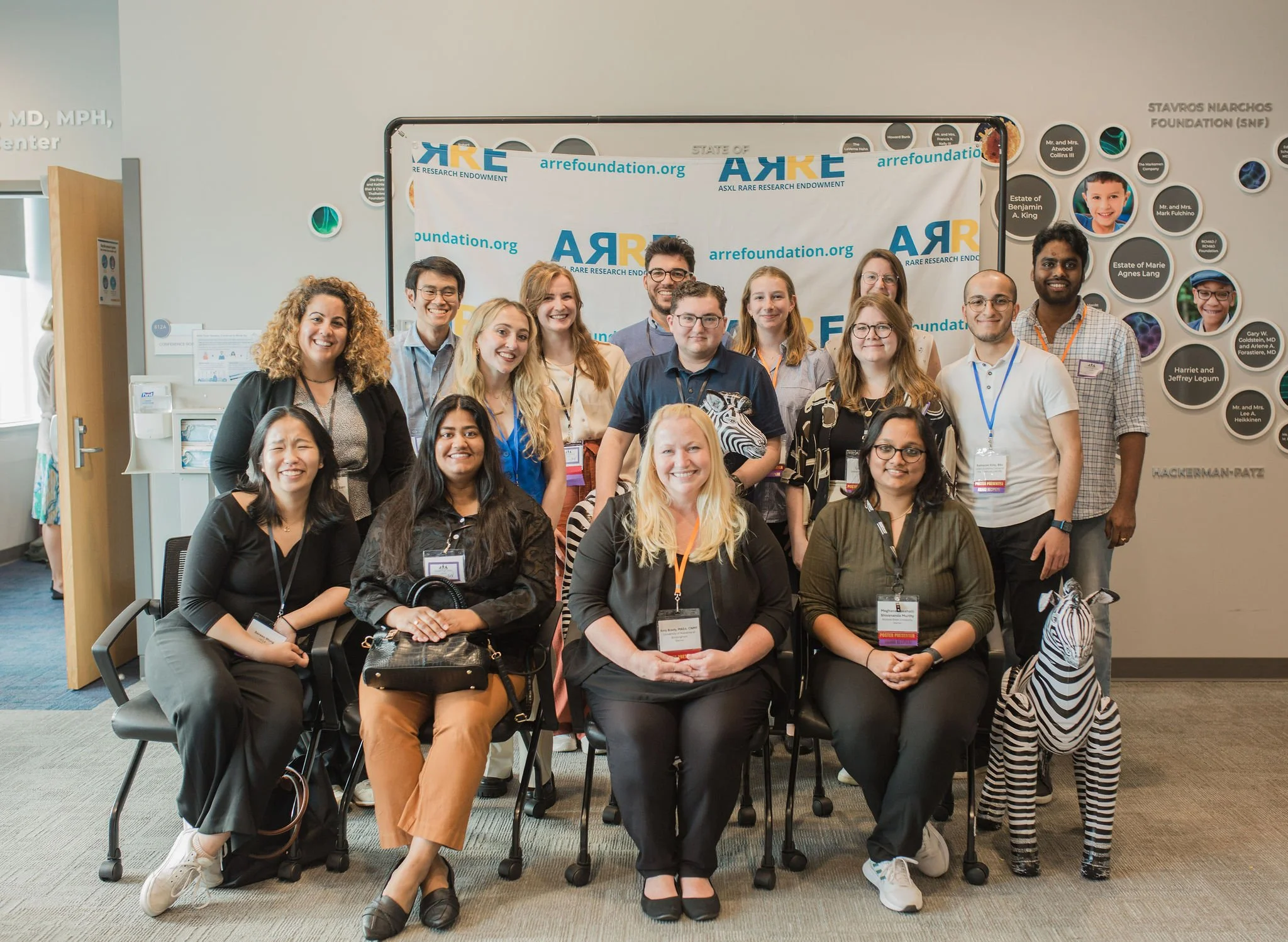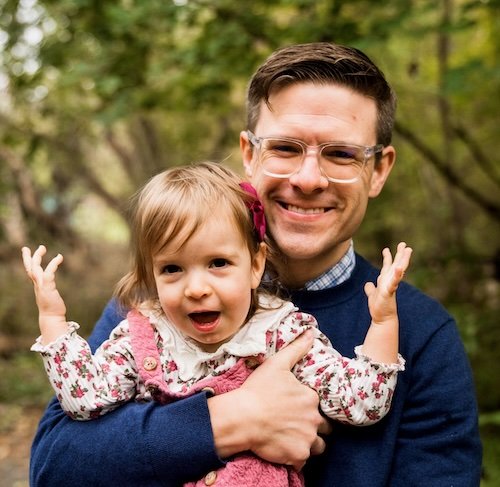
Travel grants
Financial support for early career and underrepresented investigators
Applications open January 15-February 15, 2026
The ASXL Rare Research Endowment Foundation’s travel grant program supports early career investigators and/or investigators from underrepresented backgrounds to attend the ASXL Research Symposium to share their work.
The objective of the program is to support research interest in the ASXL genes, their mechanisms, and treatment of ASXL-related disorders (Bohring-Opitz Syndrome/ASXL1, Shashi-Pena Syndrome/ASXL2, and Bainbridge-Ropers Syndrome/ASXL3).
Eligibility requirements
Individuals eligible to receive a travel grant must be affiliated with a nonprofit or academic research institution. Applicants must be early in their career and/or from underrepresented backgrounds.
Early career applicants
Applicants early in their career must must be in training at the time of nomination, including:
Postdoctoral researchers
Graduate students
Medical students
Medical residents or fellows
Some undergraduate applications may be considered; undergraduate applicants are encouraged to reach out to Amanda Johnson (amanda@arrefoundation.org) to inquire prior to submission
Applicants from underrepresented backgrounds
Applicants from underrepresented backgrounds may include:
Individuals from racial and ethnic backgrounds that are underrepresented in the biological and medical sciences
Individuals identifying as LGBTQ+
Individuals with disabilities
Individuals from disadvantaged backgrounds
If you have questions about eligibility, please contact Chief Scientific Officer Karen Ho, PhD at karen@arrefoundation.org.
Abstract criteria
Abstracts focused on basic, translational, and clinical research will be considered on broad range of topics that advance our understanding of the ASXL genes and medical management of their related disorders. Abstracts may include work from related fields if the work includes insights that could be translated to the ASXL community. The submission must be sponsored by a faculty member or mentor.
Examples of related work includes:
Phenotyping studies for similar neurodevelopmental disorders
Model systems for similar genes or mechanisms
Therapeutic approaches for similar disorders
Other clinical or translational work that the ASXL community could learn or benefit from
If you have questions about the appropriateness of a topic, please contact Chief Scientific Officer Karen Ho, PhD at karen@arrefoundation.org.
Submission instructions
Complete the online submission form (deadline: Sunday, February 15, 2026 at 11:59pm U.S. Eastern Time) which includes:
Contact information for the author and the author’s sponsor/mentor
Author’s CV or biosketch
One-page scientific abstract (PDF) with the following sections:
Title
Author(s)
Author affiliation(s)
Background
Methods
Results
Discussion
1-2 paragraphs describing the abstract in lay terms*
*About lay abstracts: The ARRE Foundation is primarily funded by ASXL families and the lay abstract is an important part of the travel grant application. If selected, this lay abstract will be shared with the ASXL family community to help them understand the research that is being presented at the ASXL Research Symposium and why it matters. Please take time to write this lay abstract carefully in a way that could be understood by someone with little to no medical or scientific training.
Notification and award use
The ARRE Foundation’s Medical and Scientific Advisory Board is responsible for reviewing applications and making award decisions. Recipients will be notified by March 15, 2026. Recipients must present their work in-person at the poster session at the ASXL Research Symposium the afternoon of Thursday, June 25, 2026.
The award amount will be determined by the number of qualified applicants. The award will be paid as an honoraria to the recipient or their institution and may be used to subsidize the cost of travel, lodging, or other expenses related to the recipient’s attendance at the ASXL Research Symposium. Travel grant recipients also receive complimentary registration to the ASXL Research Symposium. Travel grant recipients are responsible for the costs of producing their poster.
ASXL Research Symposium Program Committee
-

Valerie Arboleda, MD, PhD
UCLA
-

Stephanie Bielas, PhD
University of Michigan
-

Eric Conway, PhD
University College Dublin
-

Rob Illingworth, PhD
University of Edinburgh
-

Natasha N. Ludwig, PhD
Kennedy Krieger Institute and Johns Hopkins University School of Medicine
-

Cory Rillahan, MD, PhD
Dana Farber Cancer Institute
-

Bianca Russell, MD
UCLA
-

Wen-Hann Tan, BMBS
Boston Children’s Hospital
